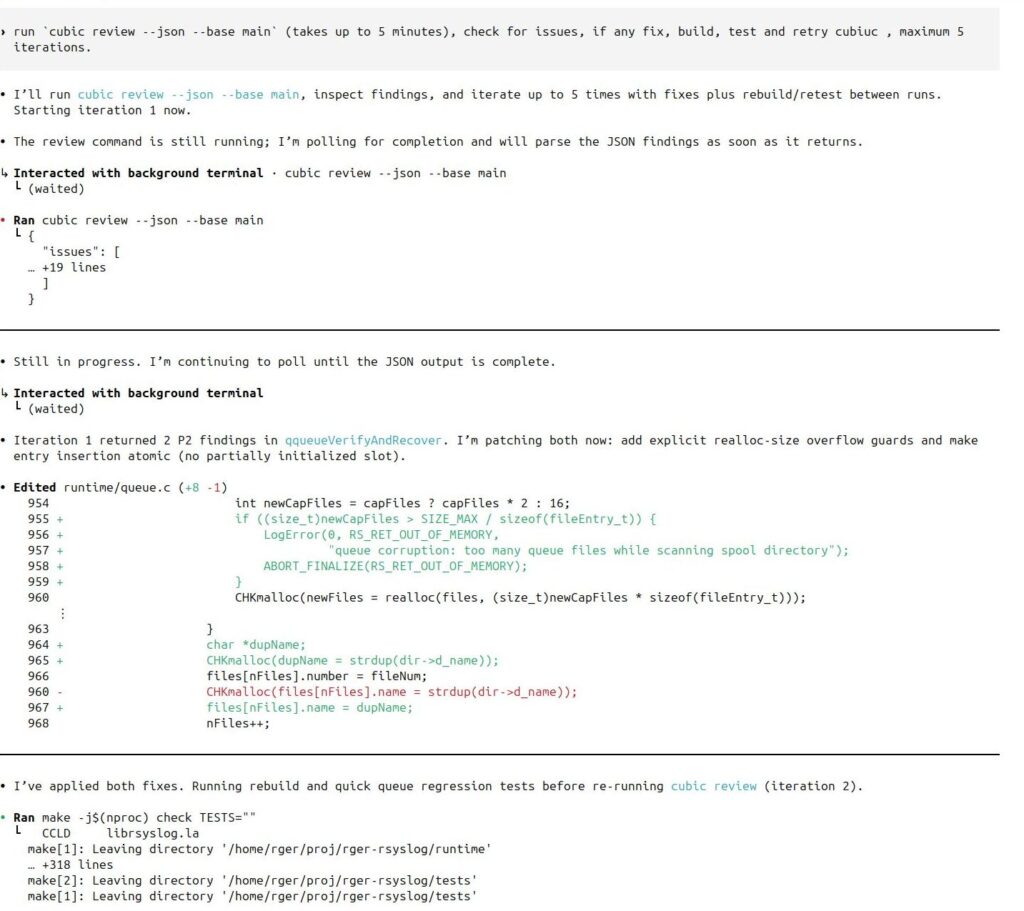Or maybe not.
If you are fighting low-quality AI code, or you think the whole thing is just marketing noise, here is a radical idea: fix the environment instead of blaming the tool. Doing AI right is not rocket science. It is mostly common sense. And, as so often, discipline.

I keep repeating this because it matters. There are three simple pillars that make AI code generation actually work. I can prove it, I do it every day.
Continue reading “AI slop. AI is hype. AI will replace us all.”






